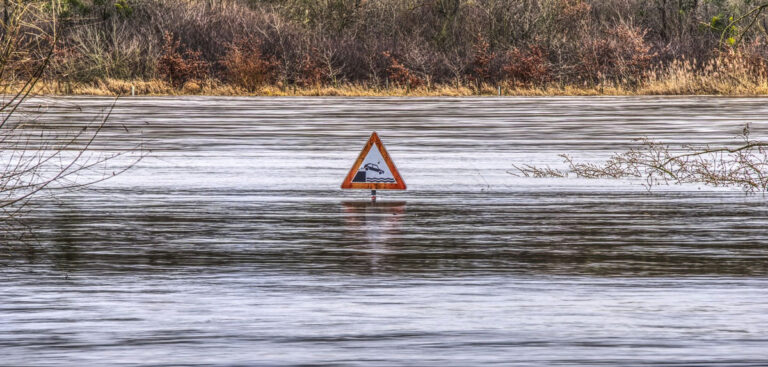A new coordinated drive to improve early warning for natural hazards will see better sharing of weather data between Southeast Europe and the Middle East.
The commitment follows a WMO meeting in Tel Aviv of heads of national meteorological and hydrological services from a number of European and Middle Eastern nations.
A total of 12 countries signed on to the commitment. They are: Bosnia and Herzegovina, Croatia, Greece, Hungary, Israel, Jordan, Montenegro, Republic of Moldova, North Macedonia, Romania, Slovenia and Ukraine.
The new agreement will boost the development, implementation and operation of the South-East European Multi-Hazard Early Warning Advisory System (SEE-MHEWS-A), a regional early warning advisory system set up in 2016.
All the signatory nations have agreed to exchange observational data through SEE-MHEWS-A. The data exchanged will be for the purpose of numerical weather prediction data assimilation, hydrological modeling and verification. According to the WMO, more countries are expected to join the agreement in the near future.
In the past decade, the region covered by the agreement has been blighted by a number of severe weather and climate-related disasters including floods, severe storms, extreme hot and cold spells, and droughts.
During the last decade, the region has suffered from a number of severe weather and climate related disasters, including floods, severe storms, heat and cold waves, and droughts. Heavy rain and floods hit parts of the Balkans in the week the agreement was signed.
In 2014, for example, heavy rains caused flooding in Croatia, Bosnia and Herzegovina and Serbia that led to the loss of 79 lives. A similar flooding event in Macedonia in 2016 saw 21 people die in the capital Skopje.
Since many of these extreme weather events take place across multiple countries, the sharing of more real-time monitoring data for forecasting and early warning purposes could help save lives and mitigate economic losses, says the WMO.
The policy was also signed by the European Centre for Medium-Range Weather Forecasts, which will provide support and training to the project countries.



